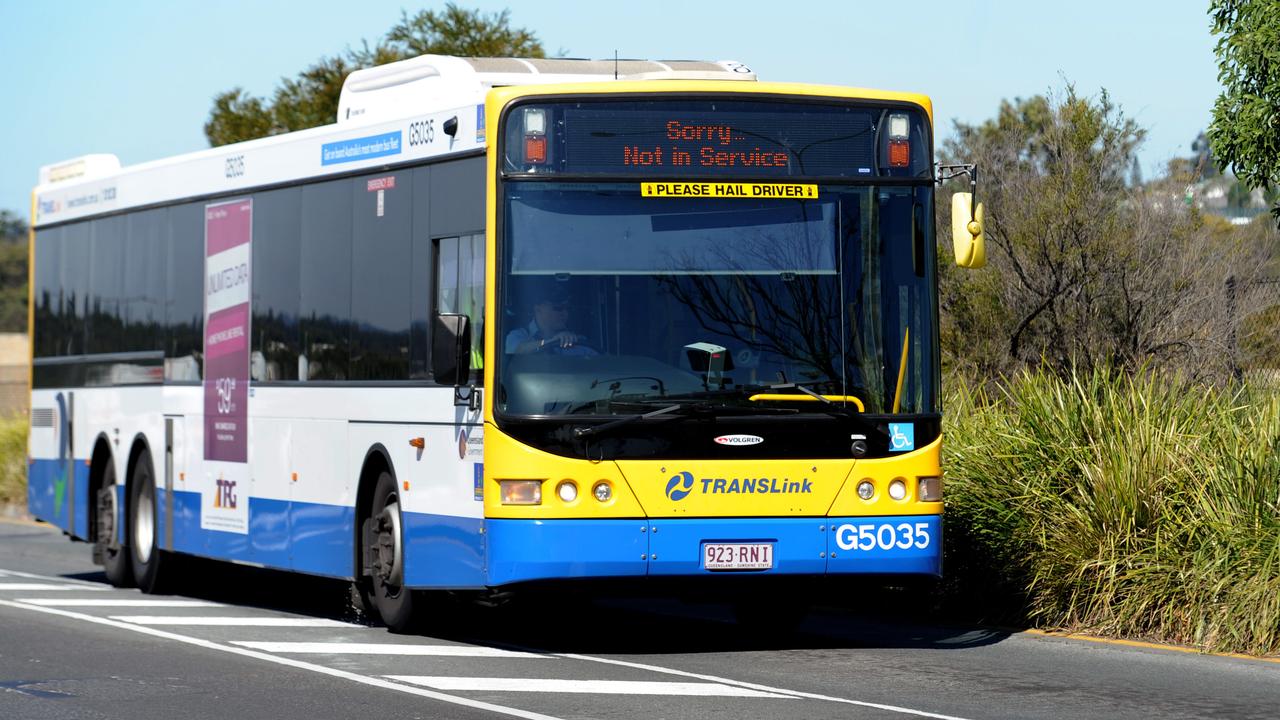All the changes for Queenslanders from July 1
It’s that time of year when there are changes to laws, taxes, regulations and charges at a local, state and national level. Here’s a look at what Queenslanders can expect from today.

QLD News
Don't miss out on the headlines from QLD News. Followed categories will be added to My News.
The beginning of a new financial year ushers in new legislation and typically a higher benchmark for fees and charges.
From today, Queenslanders will be slugged with increased costs of tolls, parking and other essential services.
But the cost-of-living pressures have been acknowledged with support for a number of communities including those with families, on welfare or on the minimum wage.
Here are all the changes coming.
QUEENSLAND
Airbnb tax
Under a staged introduction from July 1, Brisbane residents who rent properties on Airbnb, Booking.com, Stayz and other platforms will be asked to self-identify to council.
Those who rent properties for more than 60 days a year on websites for short-stay purposes will pay a 50 per cent surcharge on their current rate bill.
Lord Mayor Adrian Schrinner said this hike is aimed at easing the city’s record low vacancy rates, which is a key contributor to Brisbane’s rising homelessness and cost of living constraints.
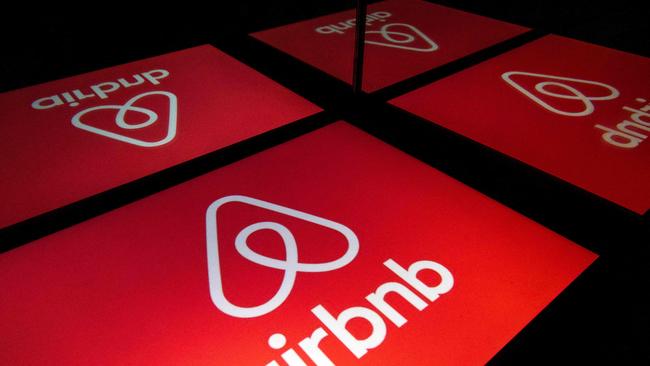
Tolls:
The price of tolls will rise by about 6 per cent across the board from July 1 to come into line with Brisbane’s inflation.
For cars, a trip through the Clem7 will cost $5.70, up from $5.35, while Legacy Way will rise to $6.14, up from $5.79.
The Go Between Bridge will cost $1.78, Murarrie increases to $1.26 and the Clem7 goes up to $2.85.
Trucks will pay $18.43 to travel Legacy Way in peak hours – up from $17.38 – and the Clem7 cost $17.09 – up from $16.12. Toll notice charges have also risen to $9.48 for a notice fee and $26.55 for a demand notice.
Parking:
The Brisbane City Council has lifted parking fees with the hourly rate of parking in the CBD between 7am to 7pm (Mon-Fri) for a three-hour maximum period jumping from $5.50 to $5.75.
There is also an increase for the hourly rate for parking outside the CBD fringe for the same period rising from $3.40 to $3.65 per hour.
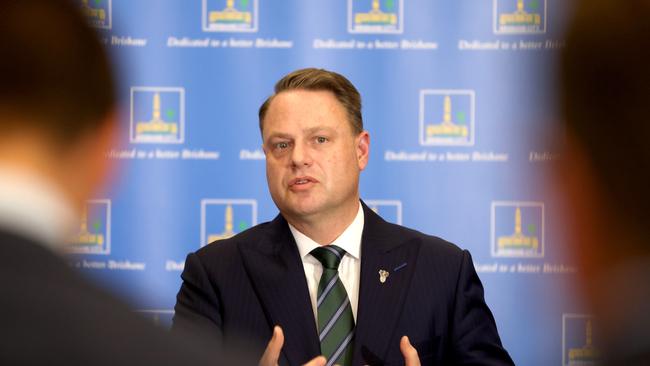
Traffic penalties:
There will be a dramatic jump in the cost of fines for traffic-related offences in Queensland from July 1.
Fines for not wearing or incorrectly wearing a seatbelt will jump to $1078 and four demerit points.
Drivers disobeying traffic signals, including not stopping at yellow or red traffic lights and yellow or red bus and tram lights, will rise to $575.
For speeding, the following penalties will apply:
• 1-10km/hr above the limit: $287 and 1 demerit point
• 11-20km/hr above the limit: $431 and 3 demerit points
• 21-30km/hr above the limit: $646 and 4 demerit points
• 31-40km/hr above the limit: $1078 and 6 demerit points
• More than 40km/hr above the limit: $1653, 8 demerit points, and an automatic 6-month licence suspension
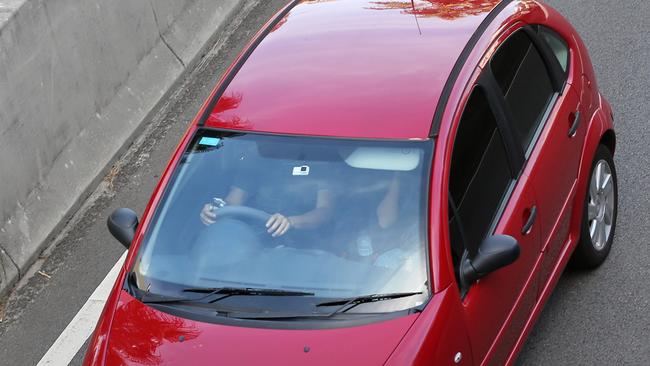
Coal royalties:
Mining companies will cop a royalties hike expected to inject an additional $1.2 billion into Queensland coffers from July 1.
Three new tiers have been added to Queensland’s coal royalty structure – with companies to now pay 20 per cent on the dollar when prices exceed $175 per tonne.
They will have to pay 30 per cent on the dollar when prices climb beyond $225 per tonne and 40 per cent when they exceed $300.
This is in addition to the current three tiers, with the royalty increase expected to pump an extra $1.2 billion into the state’s coffers over the next four years.
Minimum wage:
From July 1, the National Minimum Wage will increase by $40 per week, which amounts to an increase of 5.2 per cent. The new minimum wage will be $812.60 per week or $21.38 per hour.
The National Minimum Wage applies to employees not covered by an award or registered agreement.
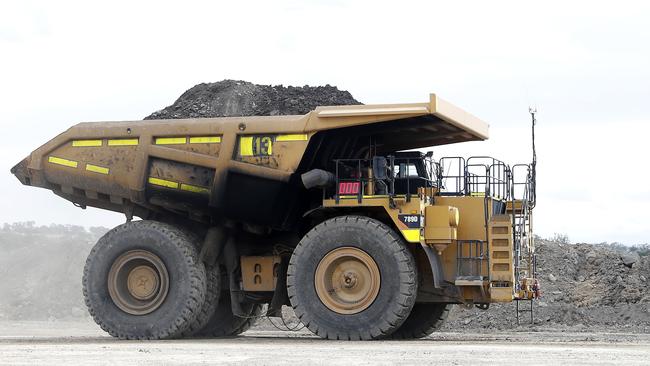
Car registration:
From July 1, light vehicle registration fees will be increased by 2.5 per cent in line with the government indexation rate.
The Department of Transport and Main Roads said the increase was below inflation, “recognising the current cost of living pressures” on Queenslanders.
FEDERAL
Power prices:
Cost-of-living pressures will compound from July as millions of families will cop a rise in their electricity bills hundreds of dollars.
The Australian Energy Regulator (AER) will pass on hefty increases to the benchmark power price – which means bills will skyrocket by 18.3 per cent in NSW, 12.6 per cent in Queensland and 9.5 per cent in South Australia in July.
Super:
The percentage rate for the Super Guarantee will rise from 10 per cent to 10.5 per cent from July 1.
The change essentially means employers will be required to pay extra cash into staff super accounts.
The $450 monthly minimum wage threshold to qualify for employer Super Guarantee contribution will also be scrapped. This mean that all workers, except those who are under-18s and work less than 30 hours a week, must receive super payments.
And from July, those aged 60 and over will be able to make contributions of up to $300,000 per person or $600,000 per couple into their super account using the so-called “downsizer measure” as long as they are eligible.
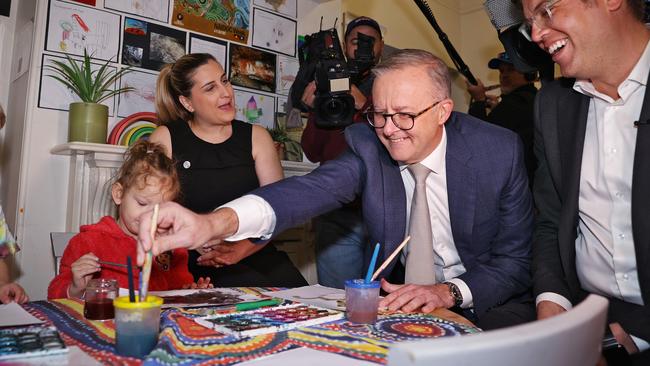
Childcare support:
Parents with more than one child under the age of five in child care might be eligible for a higher Child Care Subsidy payment, depending on their income.
Any higher subsidy these families were eligible for between March 7 and July 2022 will be back paid.
Family cash boost:
From July 1, those with a child under the age of 13 will get an increase to their Family Tax Benefit Part A by up to $175.20 per year.
If you have a child between 13 and 19, you will qualify for a $226.30 jump per year.
Those who qualify for Family Benefits Part B will see an increase of $149.65 a year if your youngest child is under five.
And if your youngest is aged between five and 18, you will get an additional $102.20 per year.
`
Centrelink:
From July 1, Centrelink recipients who are required to complete the process of mutual obligations in order to receive JobSeekers payments will be moved on to a points-based system activation system (PBAS).
Those impacted will have to receive 100 points and do a minimum of five job searches per month to secure payment.
There is a list of more than 30 tasks and activities that each carry their own individual points value, with attending a job interview worth 20 points and a completing a job application worth five.
This replaces the requirement for recipients to apply for 20 jobs every month.
Free medication:
From July, the PBS Safety Net threshold for concession card holders will be lowered to $244.80.
That means concession card holders will receive their PBS medicines for free when they reach the lowered threshold.
Luxury car tax:
The threshold for the luxury car tax will change from July, increasing by 6.6 per cent to $84,916 for fuel-efficient cars.
For all other vehicles it’s up by 3.9 per cent to $71,849.


